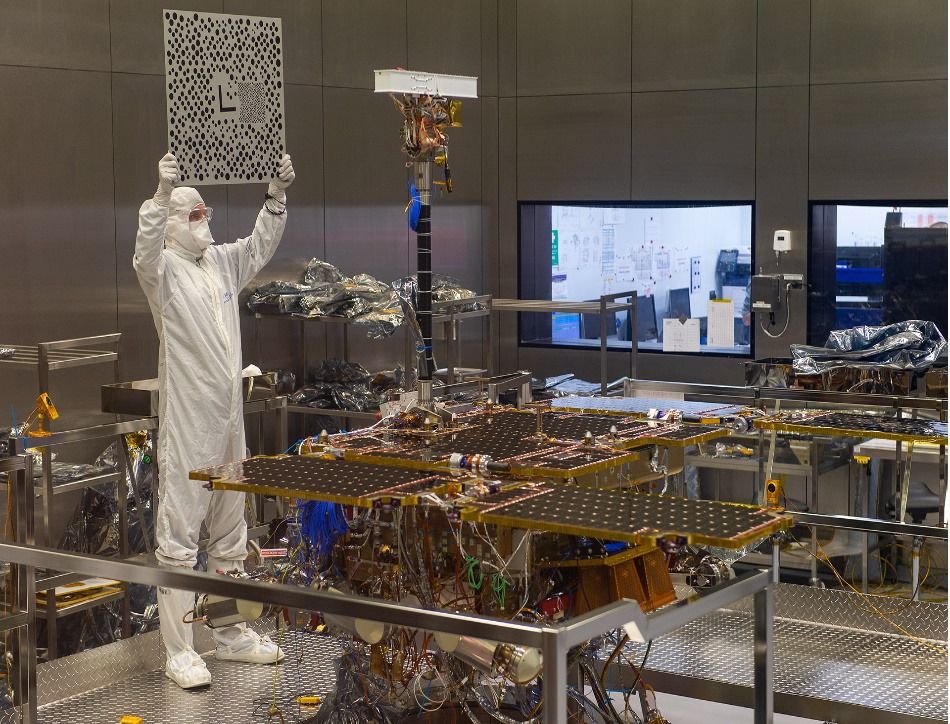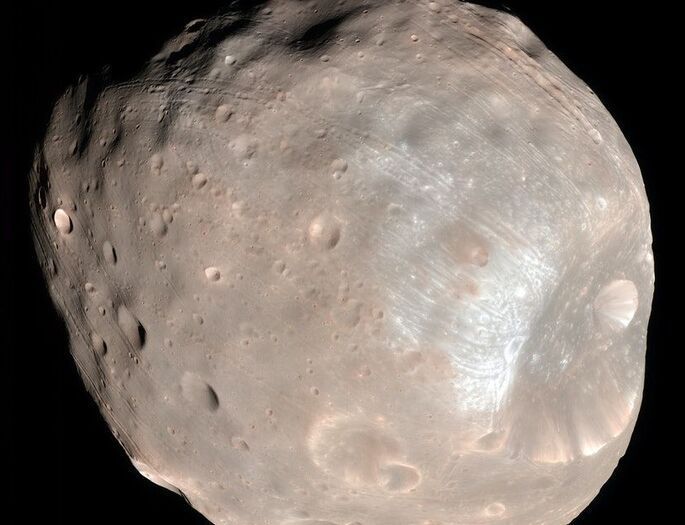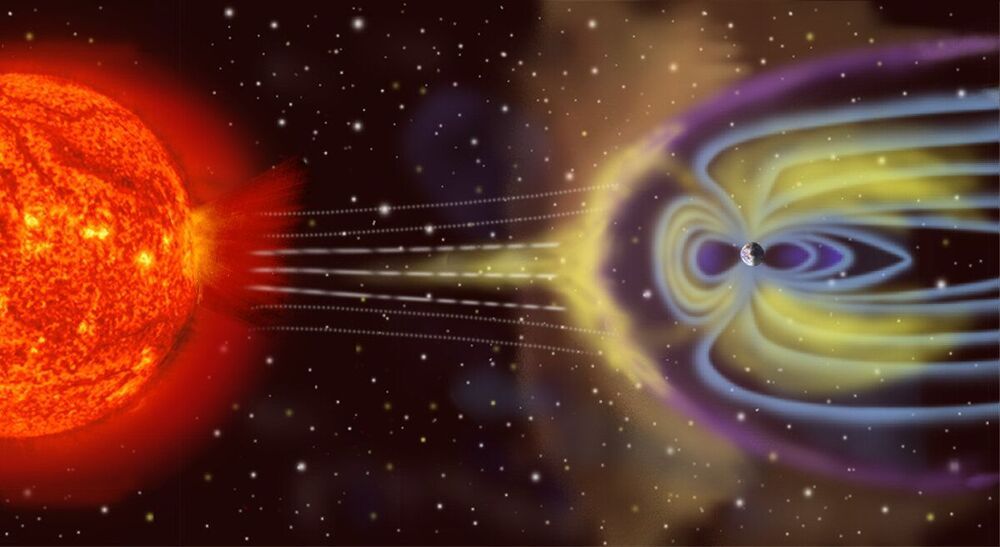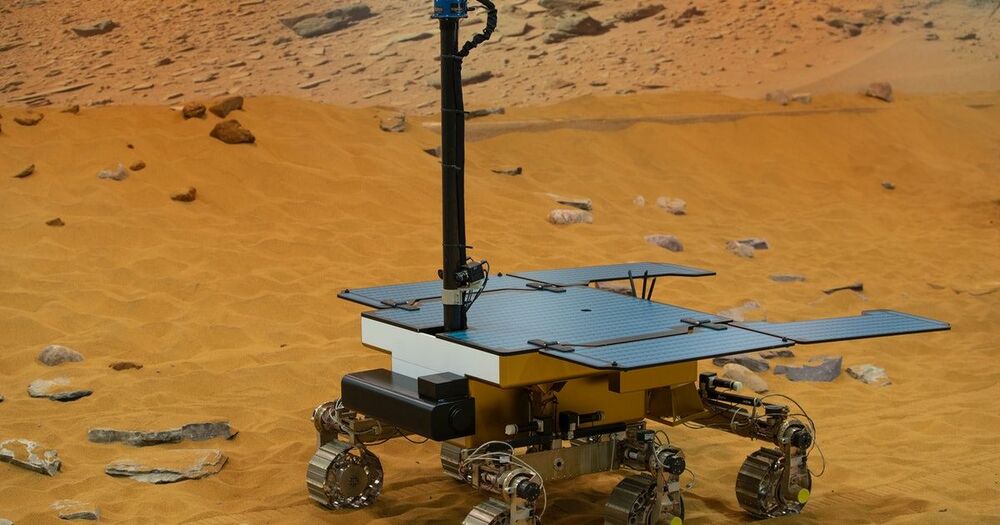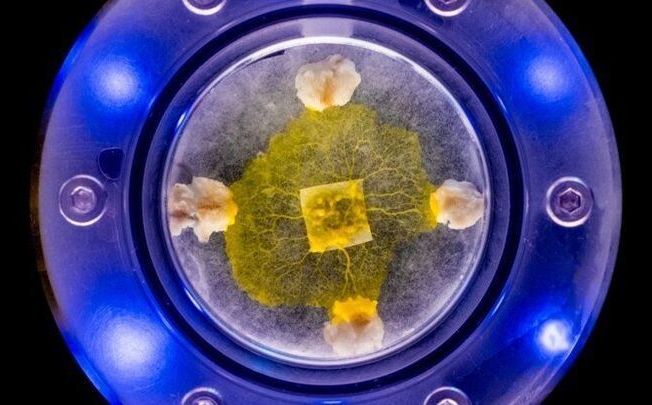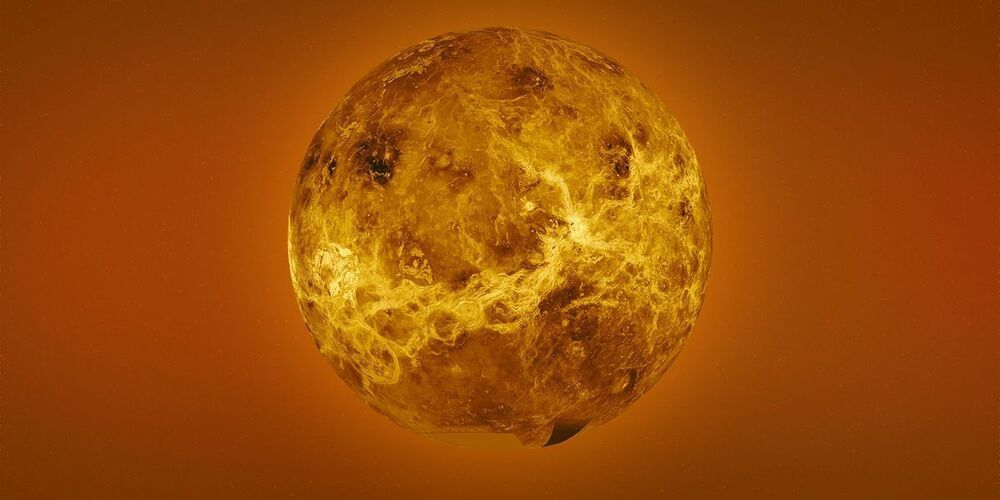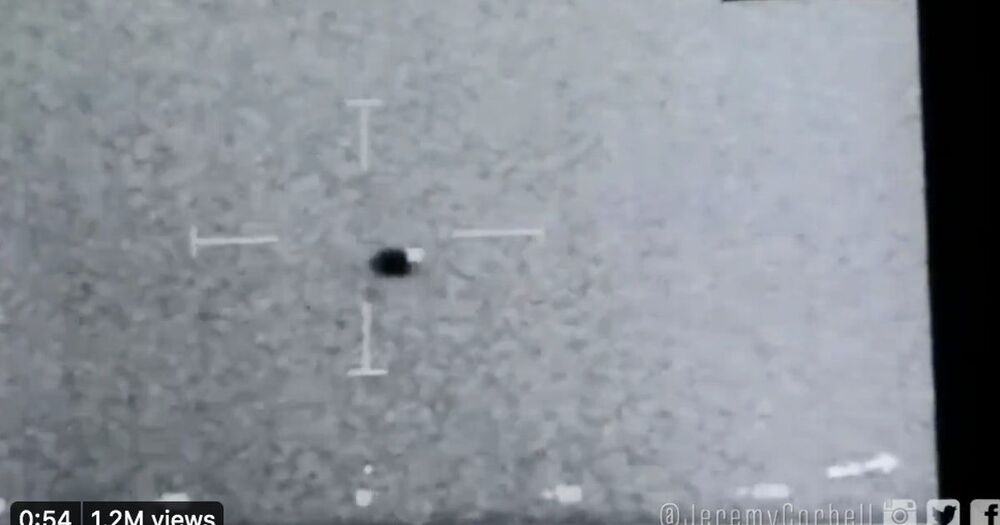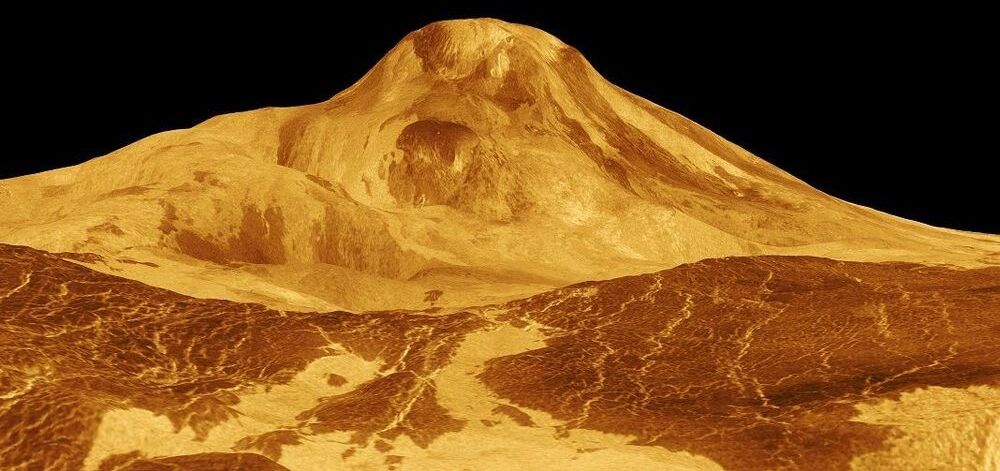
NASA has selected two missions, dubbed DAVINCI+ and VERITAS, to study the “lost habitable” world of Venus. Each mission will receive approximately $500 million for development and both are expected to launch between 2,028 and 2030.
It had long been thought there was no life on Venus, due to its extremely high temperatures. But late last year, scientists studying the planet’s atmosphere announced the surprising (and somewhat controversial) discovery of phosphine. On Earth, this chemical is produced primarily by living organisms.
The news sparked renewed interest in Earth’s “twin,” prompting NASA to plan state-of-the-art missions to look more closely at the planetary environment of Venus—which could hint at life-bearing conditions.
